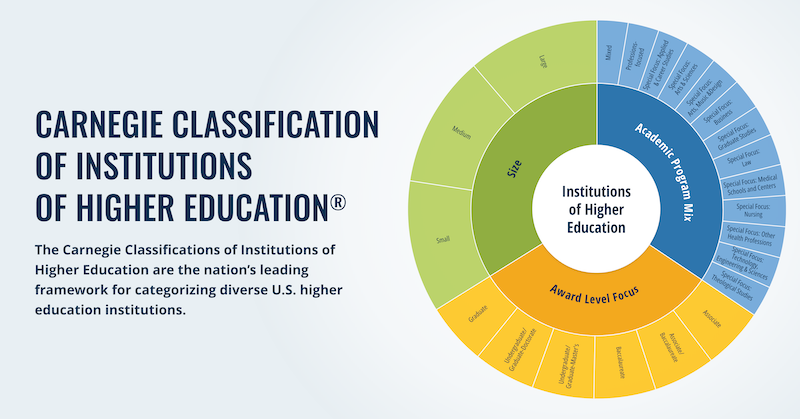In a 2013 report to Pennsylvania Gov. Tom Corbett, members of the state’s Awarding Credit to Support Student Learning Leadership Team observe that “a new type of student and their parents…are asking schools to provide new and diverse models of course delivery, and models that incorporate educational technology and emphasize the student’s ability to master course content.”
Pennsylvania’s policymakers are not alone in feeling this pressure to redesign traditional learning models. This year Iowa, Connecticut, and Utah passed laws introducing new opportunities for flexibility, lifting restrictions on how—and, in some cases, when and where—students earn credit for their learning.
Though in the past most students earned credit based on Carnegie Units, the standard time-based metric of student progress in American education, these new policies will allow K-12 students to earn credit based on what they know and can do, not simply for spending a certain number of hours in classroom settings.
These new policies will allow K-12 students to earn credit based on what they know and can do.
As part of our ongoing reevaluation of the Carnegie Unit’s role in secondary and post-secondary education (read more here and here), we have explored K-12 credit policies in all 50-states and the District of Columbia to better understand which states define credit based solely on seat-time and which allow districts to define credit more flexibly. Based on a scan of state policy language (code, regulation, board policy, etc.) and conversations with officials from state departments of education, we have organized our findings into five informational categories:
Category 1
Carnegie Unit abolished as primary measure of student learning. Credits must be awarded based on students’ mastery of content and skills rather than on seat-time. (1 state)
Category 2
Districts define credits and may use seat-time OR another measure (e.g. proficiency or competency) to award credit in core courses. (29 states)
Category 3
Districts may apply for special-status or waivers to use measures other than seat-time to award credit for core courses. (4 states)
Category 4
Districts do not have any flexibility and must use time-based credits. (11 states)
Category 5
Districts have some flexibility, but it is limited to special circumstances, such as credit-recovery programs or out-of-school learning, and may require approval from the state. (6 states)
Only 10 states and the District of Columbia require districts to use time-based credits. Thirty-three states allow districts to replace time-based credit with other measures. Of these, 29 are free to define credit completely on their own and four must get state approval to use measures other than time. Six states permit districts to use non-time-based credits only for special groups of students or specific programs. New Hampshire is the only state that requires districts to use competency-based credits. There, as in many other states where time-based credits aren’t required, competency-based credit can be issued for learning that takes place outside of the school building—in internships, independent studies, summer jobs, and beyond.
Districts that choose to take advantage of these policies typically do so to accommodate individual students or isolated programs; few districts have used the flexibility to completely dismantle time-based credit systems and install competency-based systems in their stead.
The recent trend is clear: mandatory use of seat-time is becoming a thing of the past.
Of the handful of districts that have made the dramatic transition to competency, some operate in states that provide no flexibility at all, where they must circumnavigate state policy by translating their records (report cards, credits, etc.) to conform to state requirements—a process that some report can be both costly and time-intensive.
Among the twelve states that require time-based credits, both Massachusetts and D.C. have begun to discuss revisions to their policies. According to our scan, if either does it will join at least ten states that have changed or introduced policies to provide flexibility around course credit definitions since 2009. Though many other states have offered such flexibility for more than a decade, the recent trend is clear: mandatory use of seat-time is becoming a thing of the past.
Download the full 50-State Scan of Course Credit Policies (updated May 2014).
July 31, 2013
The Carnegie Alpha Lab Research Network has named Jeff Kosovich, Brett Peters, and Stephanie Reeves as pre-doctoral fellows for 2013-2014.
August 8, 2013
In a recent New York Times Sunday Review article, Clinton Leaf questioned the effectiveness of traditional clinical drug trials. We argue that improvement science is an alternative, effective research method.






